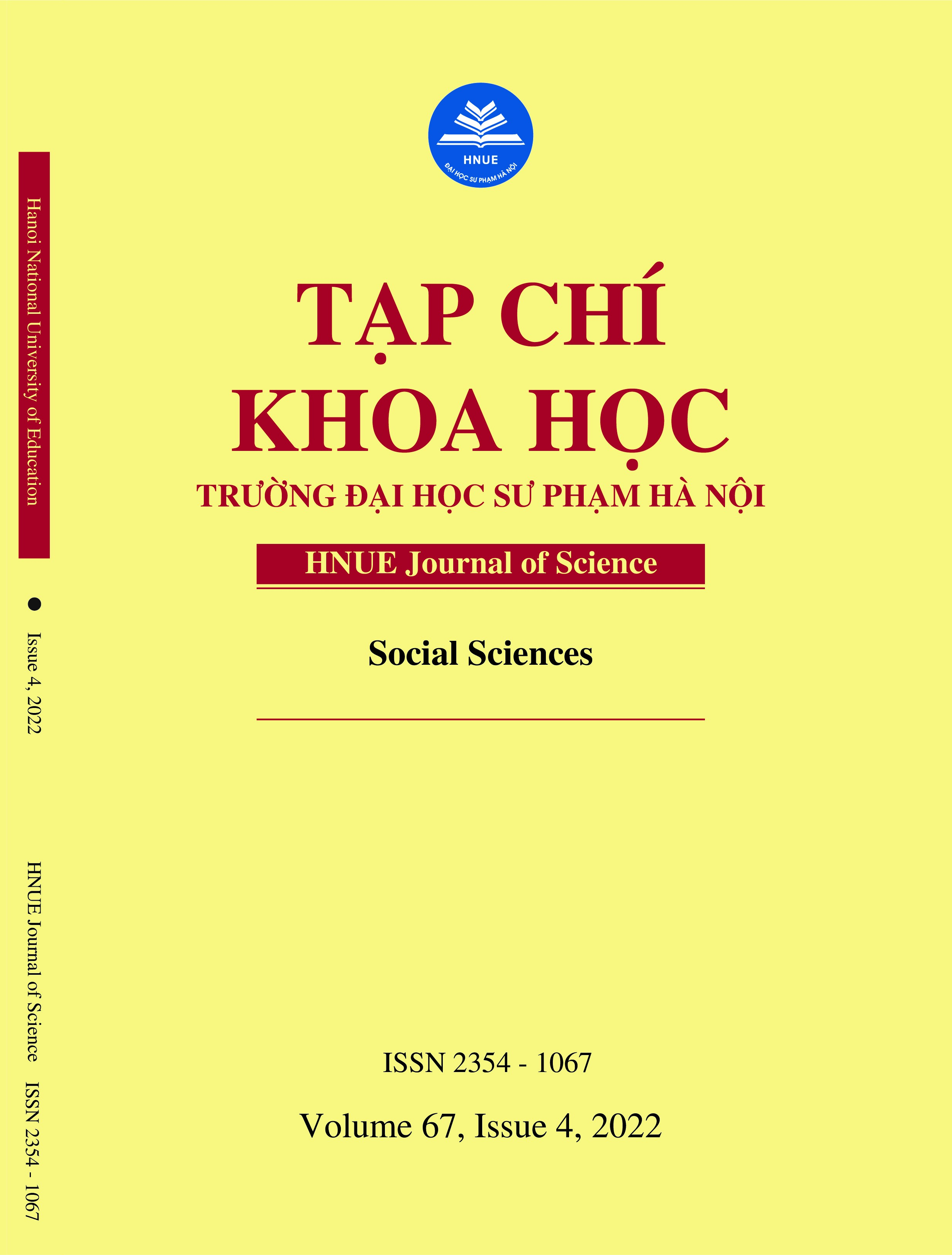MEASURING SOCIAL DIMENSION OF CITY PROSPERITY BY USING A COMPREHENSIVE METHOD: A CASE STUDY OF DA NANG CITY
DOI: 10.18173/2354-1067.2022-0064
Tóm tắt
UN-Habitat developed the City Prosperity Initiative (CPI) in 2012 as a method for quantifying urban prosperity and sustainable development. The research aims to use the indicators of CPI and adopted the Full Permutation Polygon Synthetic Indicator method to measure and evaluate the prosperity level of the social dimension in Da Nang City with data from 2004 to 2019. According to the findings of our study, the value of a synthetic indicator for social prosperity of Da Nang City was increasing gradually from 0.52 in 2004, 0.50 in 2009, 0.60 in 2014, and 0.60 in 2019, which indicates a good level of wealth. In general, Da Nang City has a high level of quality of life, equity and social inclusion, and
urban governance and legislation. However, some indicators of social prosperity were unfavorable such as green area per capita, accessibility the open public spaces, women in local government, land use mix, civic participation, and local expenditure efficiency… The Full Permutation Polygon Synthetic Indicator approach offers a comprehensive solution that exemplifies the system integration concept of the whole being greater than the sum of its parts. As a result, the technique provides a possible platform for decision-making in order to promote sustainable urban development and evaluate the effectiveness of these measures.

